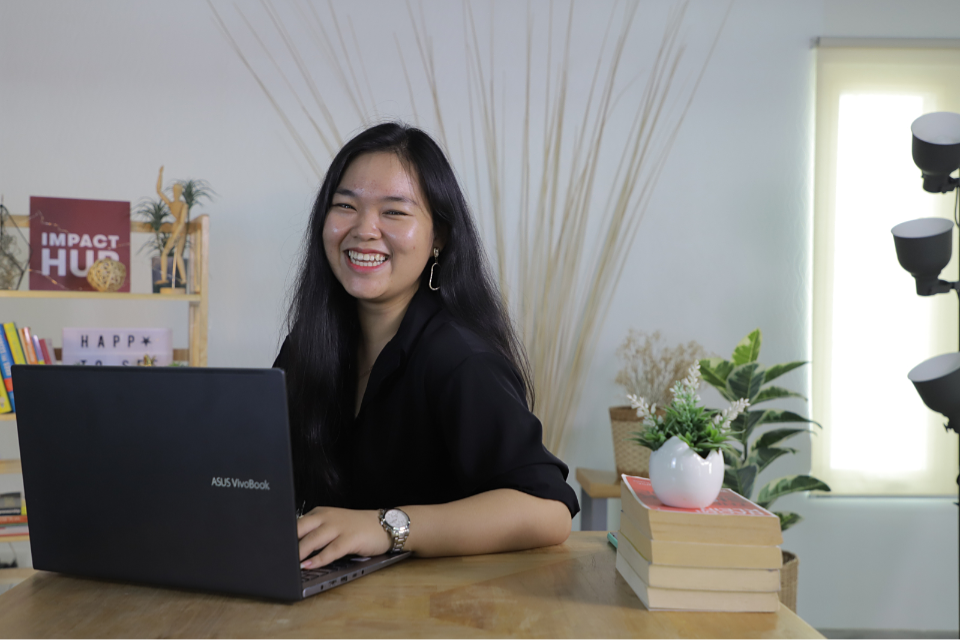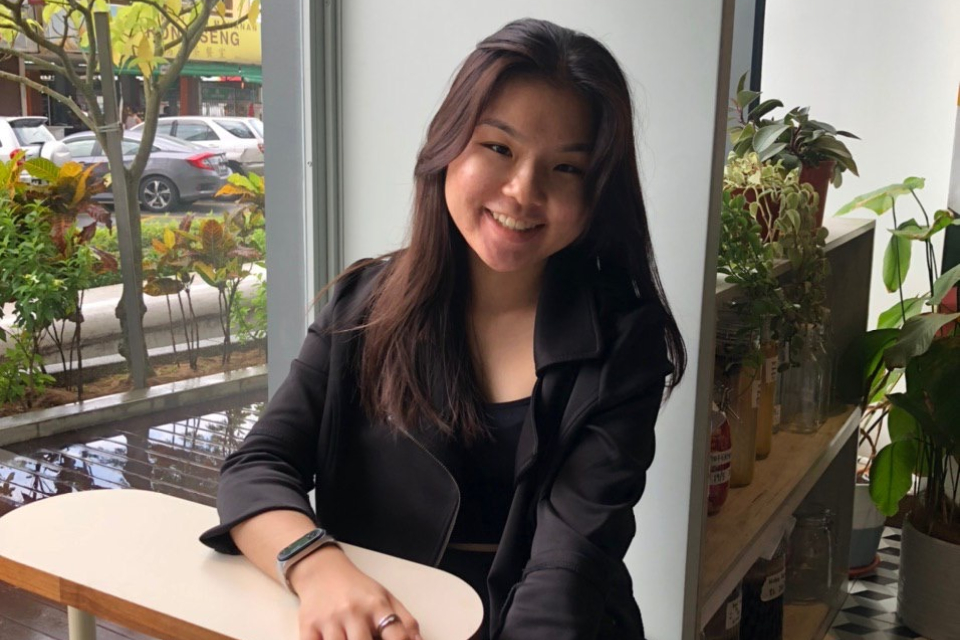“I think as an individual I want to work towards creating safe spaces for everyone”
Date:
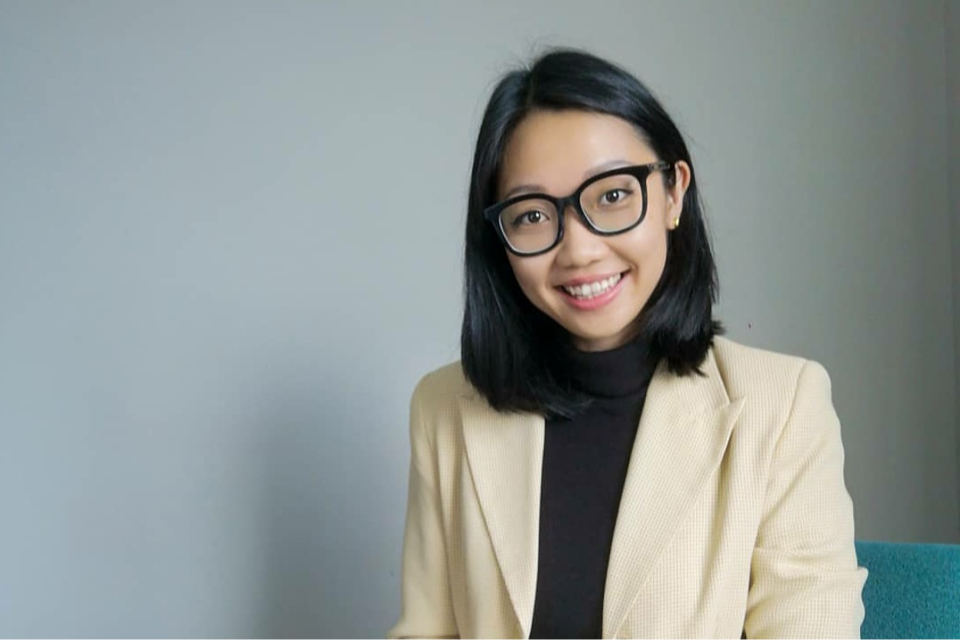
Kimberley Tan, 28
Committee Member, Sarawak Women for Women Society (SWWS), Malaysia
I am a survivor of sexual violence and sexual harassment. It took me a couple of months only after therapy where I spoke about it to my closest friends and told them how much it had affected me. Saying so, I am truly blessed to have a good social support system around me. When I came back to Sarawak, witnessing my friends getting sexually harassed or violated, and how they feel that they don’t have a safe space to talk about it; they can’t tell their parents, they can’t speak about it or report it and that angered me a lot. Outrage was my driving force. And from being angry I channeled it into a way where it's more sustainable.
Since moving back to Sarawak after seven years in Western Australia, I’ve poured much of my time and effort into Sarawak Women for Women Society because I see the inequalities between what we lack in this country in terms of human rights, compared with other countries.
With the privilege of living and traveling overseas, I’ve witnessed different environments, experienced different cultures and this has allowed me to open my eyes to the disparities in various parts of the world, and I quickly learnt what felt holistically healthy and what did not.
So, I am the Programme Lead of a campaign called #BukanSalahKamek, which means It’s not my fault. It’s inspired by the global #metoo movement but tailored to our local community. For the campaign itself, it was crucial for us to address the issue to the public, identify the causes of sexual violence, and ensure education from a young age, including changing social norms and promoting respectful behaviour to each other. Only by discussing gender-based violence and its various forms of violence, including sexual abuse, rape, sexual harassment, cyber grooming, blackmail and stalking, will it decrease.
Malaysia is conservative in many ways. Our social language is heavily influenced by victim blaming, not believing survivors, or creating a space where it is so much easier to place the blame on women. We see this ingrained from a very young age, where we have educators telling girls going through puberty not to be too physically active because now their developing physiology i.e., breasts will bounce and will cause male arousal. “Nafsu lelaki tidak boleh ditahan” (Male desires cannot be restrained). I was mad – because how is that girls’ fault? But that is the reality of the culture that we have here - where we tell women not to do things because it becomes our fault when men want to rape or sexually harass us.
Ideally and collectively, I hope for a society that is more conscious and intentional with their thoughts and actions. I look forward to seeing the younger generation equipped with the knowledge of humanity. It is a lot of work for our generation now, as you can see, we're currently dealing with the process of unlearning toxic behaviours, values, and cultures that do not serve us, and relearning thoughts and actions that can potentially be beneficial for everyone. I do not know where I will be in years to come, but I think as an individual I want to work towards creating safe spaces for everyone. My initial project was #BukanSalahKamek with breaking the silence of sexual violence. I also want to create a safe space for the LGBTQIA+ community, but I am only one person.
In a country and culture where we are so heavily influenced by taboos, stigmas and stereotypes, I want to see openness and acceptance to be a greater part of the overall social climate. Acceptance disempowers fear and shame. When we leave no room for the latter, I think we can only begin to learn more and see individuals for who they are.
#BukanSalahKamek (It's not your fault) Campaign
- The image with the handprint on the black fabric wall image is an endorsement of individuals supporting the push for the Sexual Harassment Bill to be tabulated in Malaysia. We started with a blank canvas and it filled up with everyone's messages and hopes with this campaign.
- The laundry line of stories are submitted realities of survivors, all translated into English, Bahasa Sarawak and Mandarin. Due to the overwhelming submissions in stories, we had to change the 'confessions' every three days.
In what ways do you think we can support women who undergo GBV?
- Listen - listening without pushing survivors to do what we think they should be doing in terms of whether they should be reporting to the police, whether they should be telling someone else, or telling their parents. I don't think anyone should tell a survivor what to do, because they are not the ones experiencing the effects of their trauma. Listen to the survivors, because they need someone to hear them out without preconceived notions, stereotypes or comparisons.
- Be an ally - people always ask, where can I start? We can start these conversations among our social groups. The trickle effect of sparking these conversations means normalizing these topics, then they are no longer seen as taboos or stigmas and no one feels the fear and shame in sharing their experiences. When we become an ally, we can also publicly show on our social media platforms what we believe in, so people do feel more comfortable or safe approaching us.
- Be a frontliner for humanity - that is to learn to be tactful when we speak to survivors, be conscious of the things that we say, learn to reframe ourselves in terms of using survivor instead of victim. The other thing is to compile resources of where people can look for help, basically be a walking directory for help. Equip ourselves with the knowledge of being a better bystander, to stand up for women that may face uncomfortable or dangerous situations, but the key word here is to remember safety: don't stir up fights.
- Remember to self-audit. Sometimes we can slip up and that’s okay - we're only human, so we do make mistakes. What's more important is to acknowledge these mistakes and then hold ourselves accountable to really learn what is better for the community.
What does a gender-equal world look like for you?
Learn more about Kimberley Tan
Kimberley Tan generally loves a good boogie and sharing conversations over meals. During the day, she works as a full-time management executive in a timber company. Other than that, she is also a committee member of Sarawak Women for Women Society (SWWS) which advocates for women's equality and the elimination of violence against women and children. She utilises her Bachelors Degree in Psychology in her activism work involving para-counselling and campaign #bukansalahkamek advocating to end sexual violence in Sarawak.
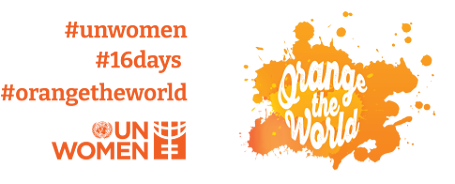
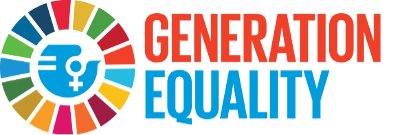
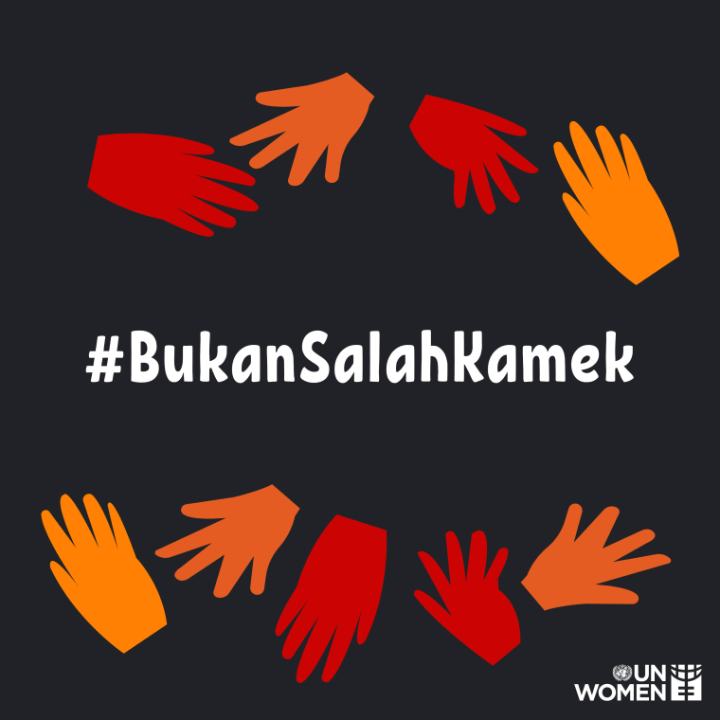
more #16daysofactivism stories







